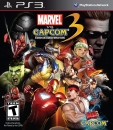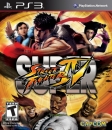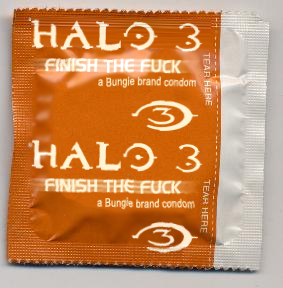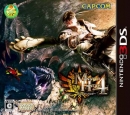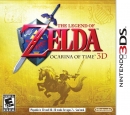Squilliam said:
scottie said:
@ Squilliam - I think we've had this discussion before, but Nintendo has always in the past kept their consoles on the market for as long as they sell. The NES and SNES lifetimes made the PS2 look short lived. The only short lived consoles nintendo have had have been their two consoles that were powerful compared to their competition but sold badly |
I understand, but given the paradigm shift to gaining relatively high margins on the device itself, I cannot see them wanting to continue selling a relatively low margin $100-150 Wii alongside the N7. In addition to that they probably wouldn't want to keep a console on market for the issues of the complexity to support circa 2000 technology 12 years after release with software.
Who would buy a $150 Wii when you could get a $200-$250 N7 with 30* the performance and with whatever new innovative features they might add?
|
High margins on hardware is hardly a paradigm shift. Infact one could argue that if one does a thing for their entire existence (yes, even when they sold card they made a good profit on the hardware), then continues to do it, it is exactly the opposite of a paradigm shift
I would certainly buy a $250 N7 over a $100 Wii, as would most of the people on this or any other forum. However, a lot of people would choose the much cheaper option. Like the PS2, the Wii will continue to get the Guitar Heroes and maddens for a long time, and it will have a massive backlog of extended audience Nintendo games
Also, 30 tiems the power of the Wii for the N7? Really Squilliam?


















